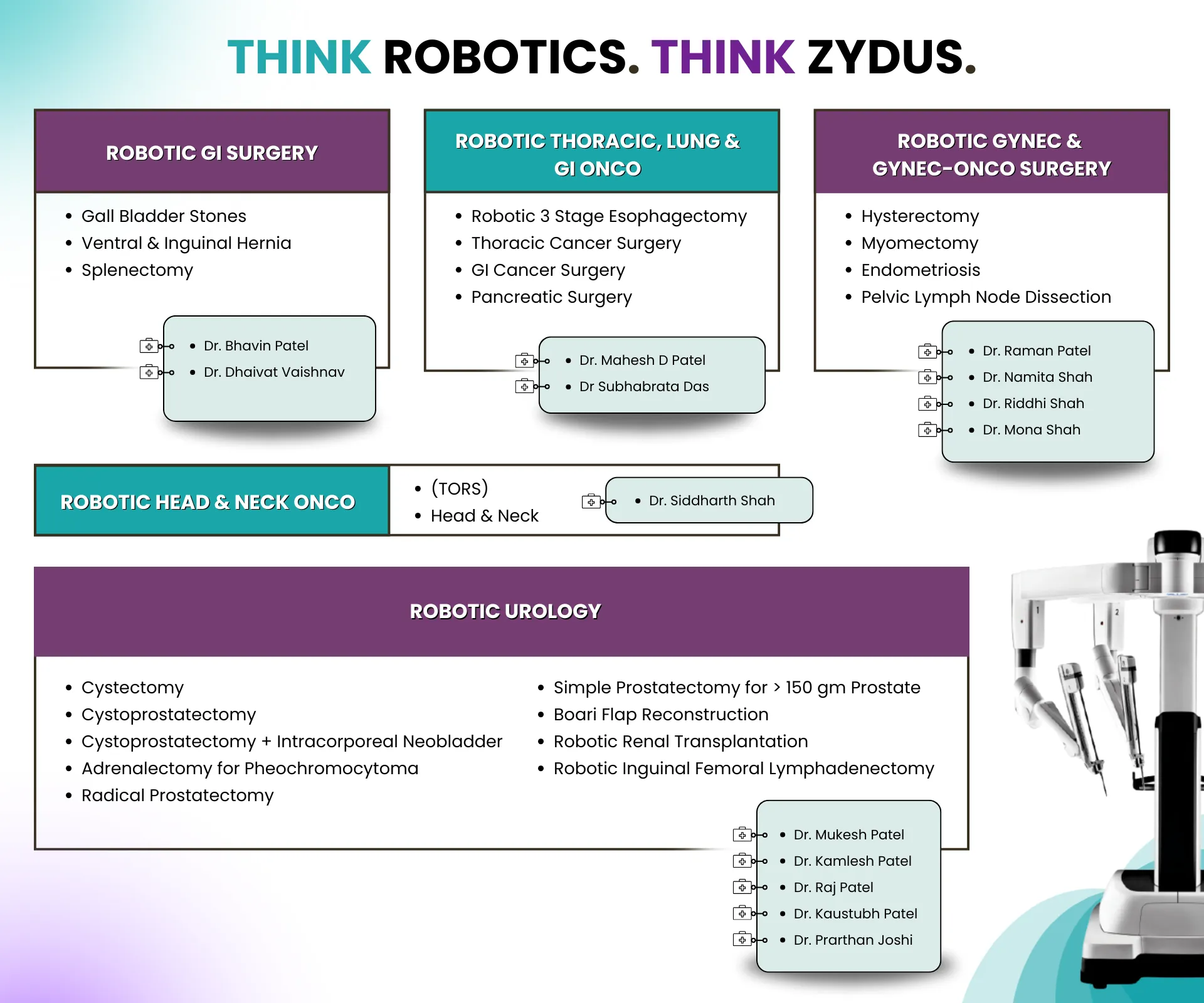
Frequently Asked Questions
- Medical Specialities
- Cardiac Sciences
- Cardiovascular Surgery
- Frequently Asked Questions
FAQ
-
The aorta is the largest artery in the body that stems from the heart and branches into smaller arteries to distribute oxygenated blood to all parts of the body. It is divided into an ascending aorta (section rising from the heart), an aortic arch (the curved portion above the heart), a descending thoracic aorta ( the section running down the chest), and the abdominal aorta (part extending from the diaphragm downwards).
-
The Bentall procedure is performed to correct defects in the aorta. It involves:
-
- Replacing the aortic root (the base of the aorta) and the aortic valve, which ensures one-way blood flow from the heart.
- Re-implanting the coronary arteries, which branch off from the ascending aorta.
-
The most common variant of this surgery is called the button Bentall procedure, which is widely used due to its effectiveness.
-
An atrial septal defect (ASD) is a congenital condition characterized by a hole in the septum, the wall that separates the heart’s two upper chambers (atria). This hole disrupts normal blood flow between the left and right atria.
-
- Small ASDs may close naturally during infancy or early childhood.
- Larger ASDs or those that do not close may require open-heart surgery to repair the defect.
-
ASD repairs prevent complications such as abnormal heart rhythms or reduced oxygen flow to the body.
-
A Ventricular Septal Defect (VSD) is a congenital condition involving a hole in the septum that separates the heart’s lower chambers (ventricles). This hole causes oxygen-rich blood from the left ventricle to flow into the right ventricle, rather than into the aorta and the rest of the body.
-
- Small VSDs often close naturally over time and do not require medical intervention.
- Larger VSDs may require open-heart surgery, typically performed in infancy or early childhood, even in cases with few symptoms. Early surgical repair prevents complications such as heart failure or delayed growth.

Search Doctor / Diseases
